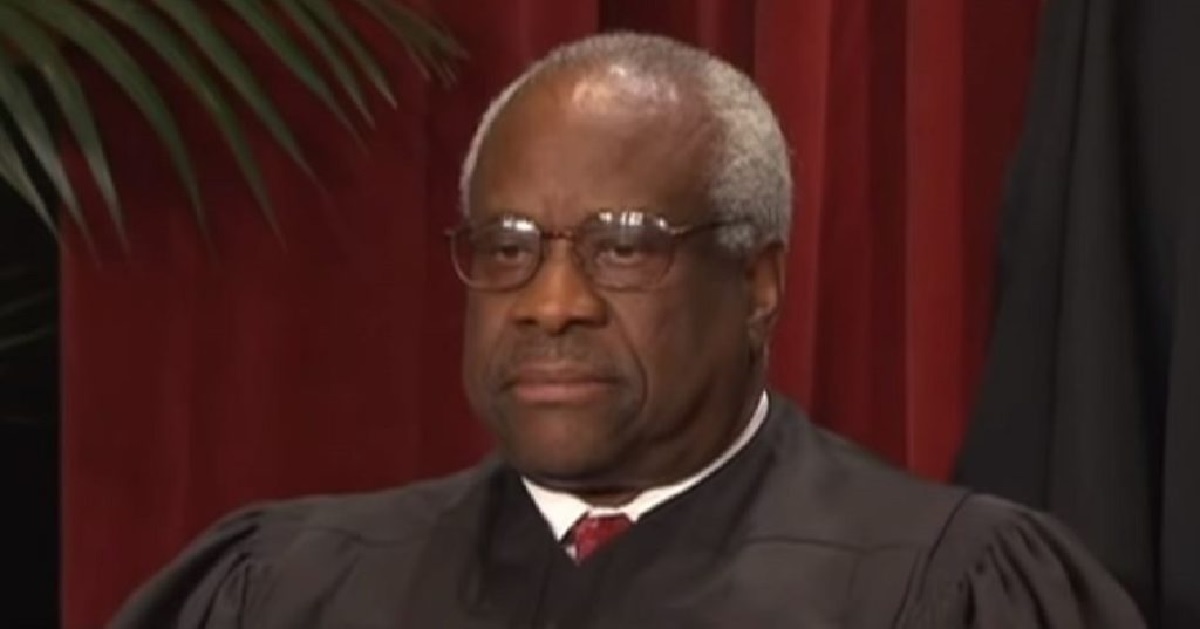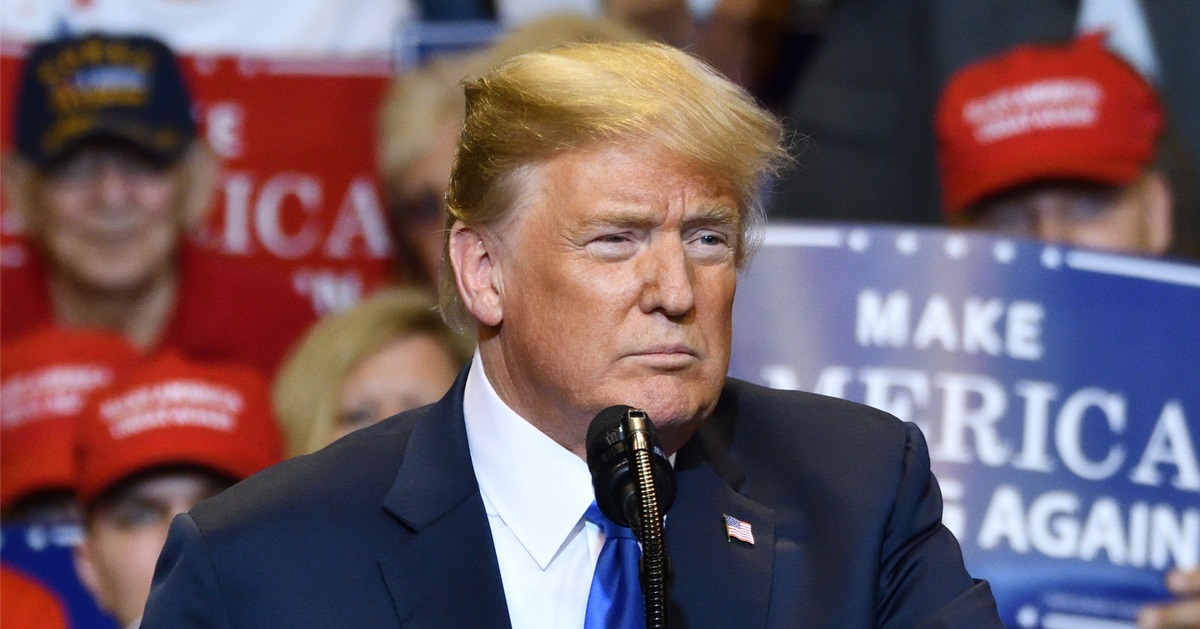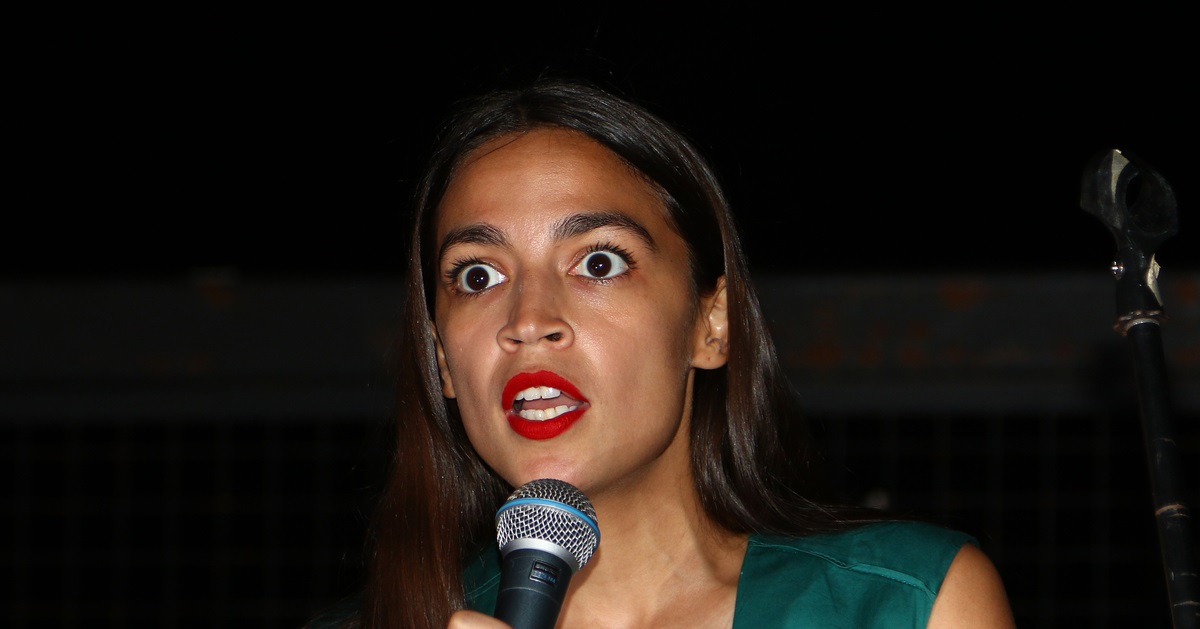Two of three Louisiana Supreme Court candidates kicked off of ballot
Louisiana seemed set for a competitive race for one of its Supreme Court last month after a judge refused to disqualify two of the three candidates who were running.
However, that changed on Tuesday when the state's highest judicial body reversed his decision and only allowed one of the contenders to remain.
Chief Judge John Michael Guidry set to win race
According to the Louisiana Illuminator, Chief Judge John Michael Guidry of the First Circuit Court of Appeal in Baton Rouge will be the sole name that District 2 voters will be able to choose this fall.
That ruling ends the candidacies of Leslie Chambers, who serves as chief of staff for the Louisiana Housing Corp. and Second Circuit Court of Appeal Judge Marcus Hunter.
The Illuminator noted that Chambers responded to Tuesday's ruling with a statement released by her campaign while Hunter has yet to publicly comment on the matter.
"While I, of course, respect the state high court's final judgment, I'll be conferring with counsel this evening to assess the full impact of these decisions, including whether there is judicial relief beyond this venue," Chambers was quoted as saying.
Lawsuit pointed to tax and residency issues
The controversy began when Baton Rouge voter Elisa Knowles Collins filed a lawsuit which alleged that both Chambers and Hunter could not run as neither had filed all of their state income tax returns over the last five years.
What's more, Collins went on to assert that Chambers was not eligible to represent District 2 because she does not live there.
Although Judge Donald Johnson of the 19th Judicial District initially determined that both Chambers and Hunter could remain on the ballot, he was partially reversed earlier this month.
In a nine to three ruling, the Fourth Circuit Court of Appeals opted to disqualify Chambers while permitting Hunter's campaign to continue.
Supreme Court points to lack of evidence that Hunter filed tax return
Yet the Louisiana state Supreme Court voted five to two this week that Hunter also had to go, arguing that he did not present proof of having filed the requisite tax forms before July.
"I interpret 'filed' to require transmission of a properly executed tax return plus some indicia of delivery. That was not proven here," Associate Justice William Crain wrote in a concurring opinion.
However, Associate Justice Jefferson Hughes wrote a dissenting opinion, writing, "The issue is not, in hindsight, whether taxes have been filed, mailed, transmitted, received, and/or rejected."
"There is an obvious difference between a candidate who has done nothing, and knows it, and one who in good faith believes his taxes have been filed when he or she so certifies," he declared.






